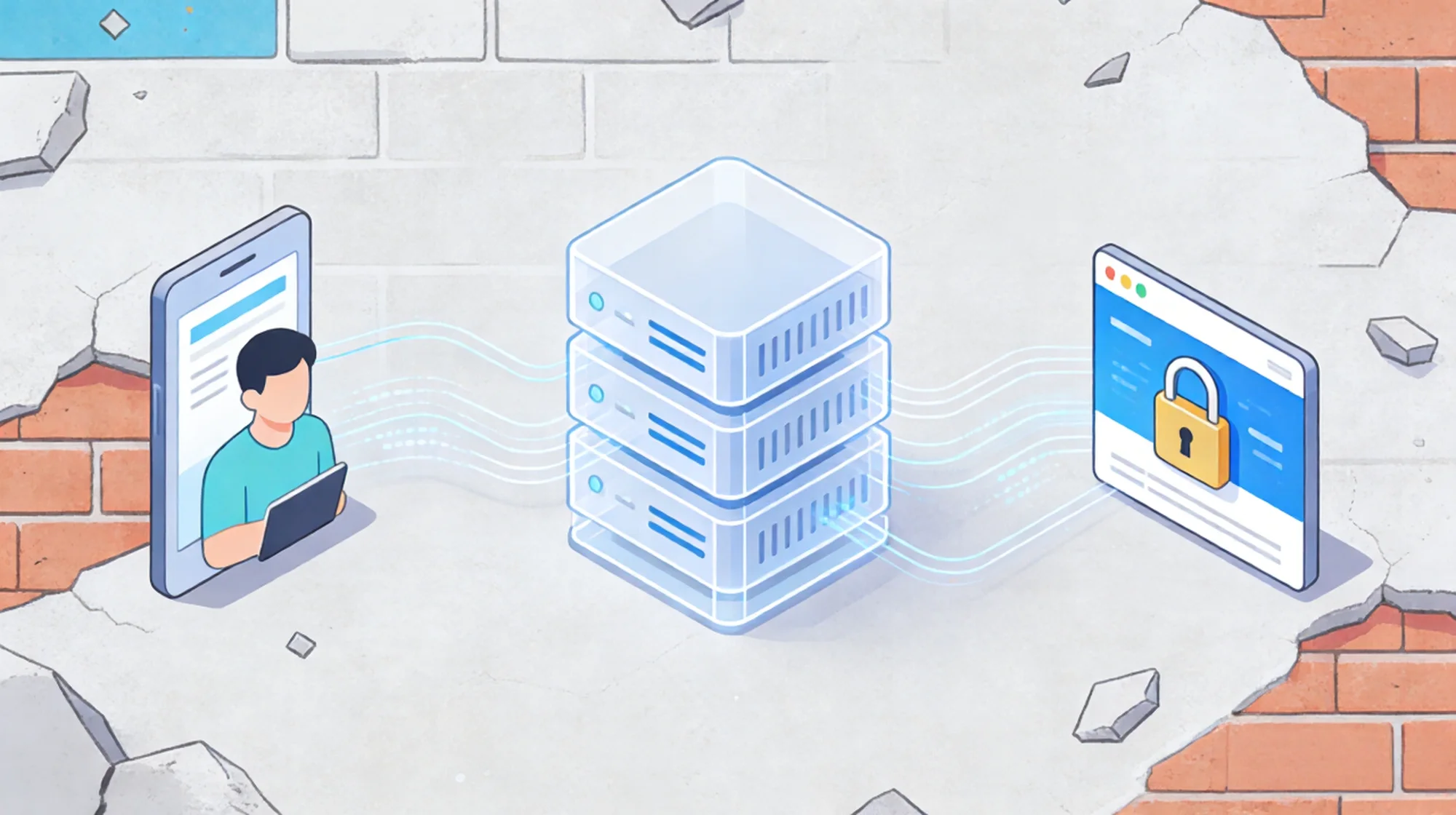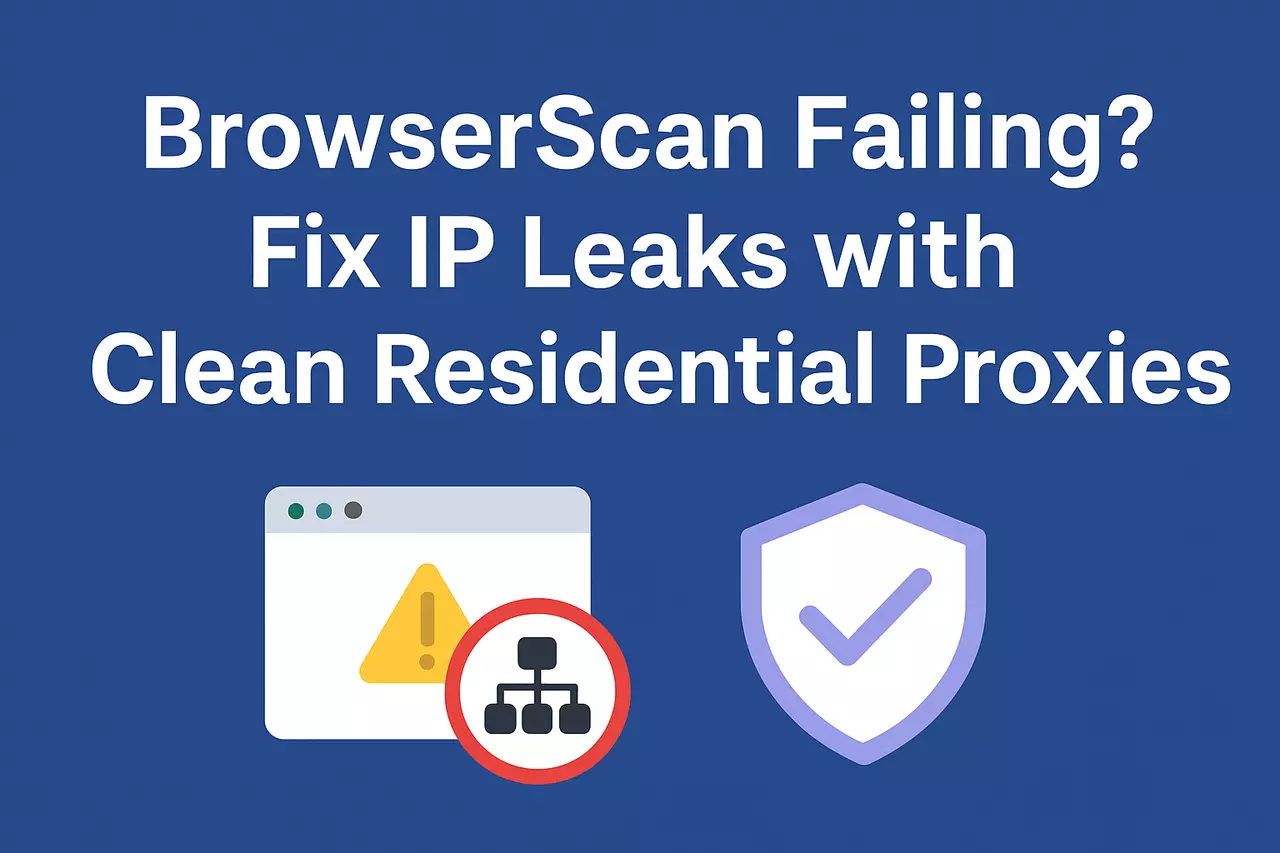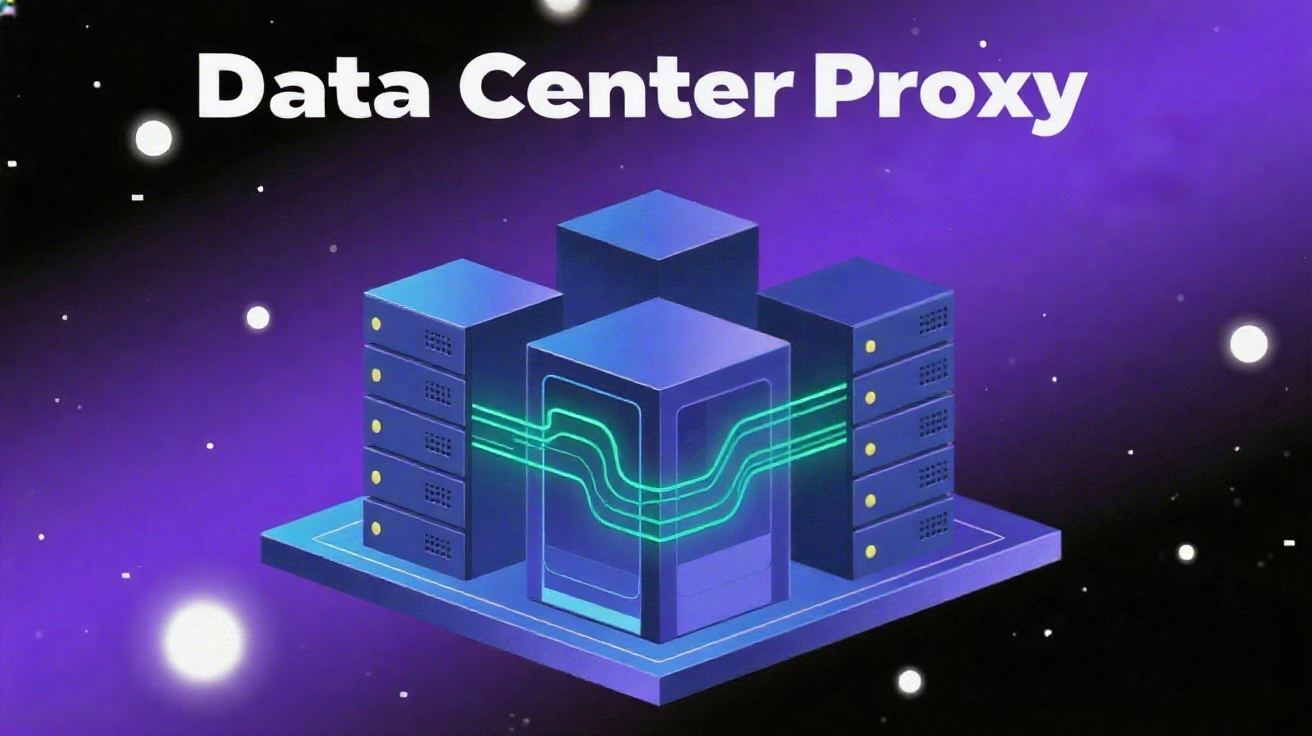If you’ve ever tried playing overseas servers, you know the pain: lag spikes, random disconnects, or even getting kicked out. Using a proxy IP service can help smooth things out—but here’s the tricky part: Should you go for a data center proxy or a residential proxy?
Let’s break it down from a player’s perspective, so you can choose the best option without wasting time or money.

1.Proxy Basics: What’s the Difference?
Data Center Proxies
- Fast & low latency: Nodes come from data centers, giving you steady speed—perfect for competitive games.
- Cheap & scalable: Great for testing scripts or short-term high-demand tasks.
- Downside: Some game servers detect data center IPs easily, so there’s a risk of being blocked.
Residential Proxies
- More “natural”: IPs come from real home connections, harder for servers to flag.
- Stable for long-term play: Safe for daily gaming without getting banned.
- Downside: Slightly higher latency and cost compared to data center IPs.
2.Choosing Based on Your Needs
| Scenario | Recommended Proxy | Why |
| Competitive FPS / MOBA | Data Center Proxy | Low latency and fast response time for critical gameplay |
| Test Servers / Downloading Region-Locked Games | Residential Proxy | More natural IP, less likely to trigger blocks |
| Scripts / Multi-account Tasks | Data Center Proxy | Cost-effective and easy to scale |
| Long-term Play on Same Server | Residential Proxy | Stable and safe for prolonged sessions |
Quick takeaway: speed → data center, stability → residential.
3.How to Pick a Reliable Proxy Service
Not all providers are created equal. Here’s what to check:
- Node coverage: Make sure they have nodes in your target regions (US, Japan, EU, etc.).
- Stability: Low disconnect rate, consistent latency.
- Ease of use: One-click setup or automatic route selection.
- Support: Fast response when issues arise.
If you want to save time, platforms like IPhalo offer both data center and residential proxies, with smart routing to automatically pick the best node for your game.
4.Real Player Experiences
FPS Player:
“I used residential proxies at first, but latency fluctuated too much. Switching to data center proxies brought it down to around 50ms—gameplay is way smoother now.”
MMORPG Long-term Player:
“I play on Japanese servers for hours every day. Data center proxies kept getting me blocked. Residential proxies are slower but stable—no more worrying about bans.”
Lesson learned: there’s no one-size-fits-all proxy. Choose what fits your game style.
5.Final Tips
- Don’t blindly follow trends; figure out your needs first.
- Budget-conscious & speed-focused? Start with data center proxies.
- Long-term stability & security? Go with residential proxies.
- Unsure? Try a platform supporting both (like IPhalo) and test before committing.
With the right proxy, overseas gaming can finally be smooth and stress-free—so you can focus on winning, not lagging.







